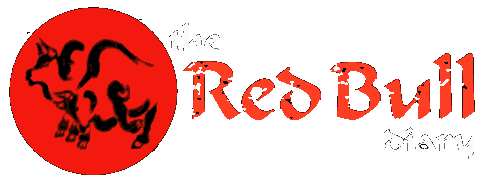Saving the Internet
I've been reading up on this whole "Save the Internet" thing, and at first, it seemed pretty cut and dried. Your ISP has the power to influence the data is delivered to you. They can decide what access you have to Internet resources and can use this control to funnel access to favored business partners by giving their data higher priority, causing slowdown in access to competitors' sites. The government should step in to ensure that this sort of corporate favoritism can't happen. Right?
Well, maybe. I was pulled in by a promotional email from MoveOn.org, but after reading their site, I felt that I didn't fully understand the issue. So I checked out the videos. That's right, there are videos. This one is for the Net Neutrality bill, and this one from HandsOff.org is against. Of course, you could ask a ninja (ninjas are pro-Net Neutrality, it seems), but while it was amusing, I didn't feel like my questions were answered. Who wants the FCC controlling anything, let alone the Internet?
So I read some articles on the subject, like this one from Wired and this collection of op-ed pieces from various major papers, and this one in CIO magazine. It's a thorny issue, and I think it's going to come down to how the law is written, how it is implemented, and how it is interpreted and enforced going forward. That's a lot of unknowns.
It seems that the issue boils down to whether the big telecom companies (AT&T, Verizon) have the right to charge the big service providers (Microsoft, Google) for disproportionate bandwidth consumption. The proponents of Net Neutrality enforcement say that we shouldn't let ISPs control who gets what level of service. Vint Cerf, often referred to as one of the founding fathers of the Internet, issued a statement to Congress supporting the idea of "a tailored, minimally-intrusive, and enforceable network neutrality rule". Of course, he is Chief Internet Evangelist for Google, so he is not exactly an uninterested party.
But I think he's right, at least to a point. The Internet is based on open protocols that work to preserve anonymity and agnostic interconnectivity. The reason the Internet is the remarkable place that it is is due to the fact that a Tibetan monk can join the community by simply adhering to the public protocols, and his website is just as accessible as Amazon or Ebay. We should make sure that it stays that way.
What the ISP giants want the right to do is set up network "express lanes" so that they can better serve high-bandwidth content, like HD video on demand. When these services go live, the content providers will make money hand over fist. But the ISPs have to pay a lot of money to provide that bandwidth. Why shouldn't they be able to charge the content providers and get a piece of the pie?
They could, but this sets a very bad precedent. I'm not convinced that having the FCC or any other government body regulate the Internet is a good idea, but if we don't protect Net Neutrality, then there will be a fundamental shift in the way that the Internet works. Allowing an ISP to discriminate between data packets is antithetical to the way the decentralized Internet is supposed to function.

 RSS
RSS

